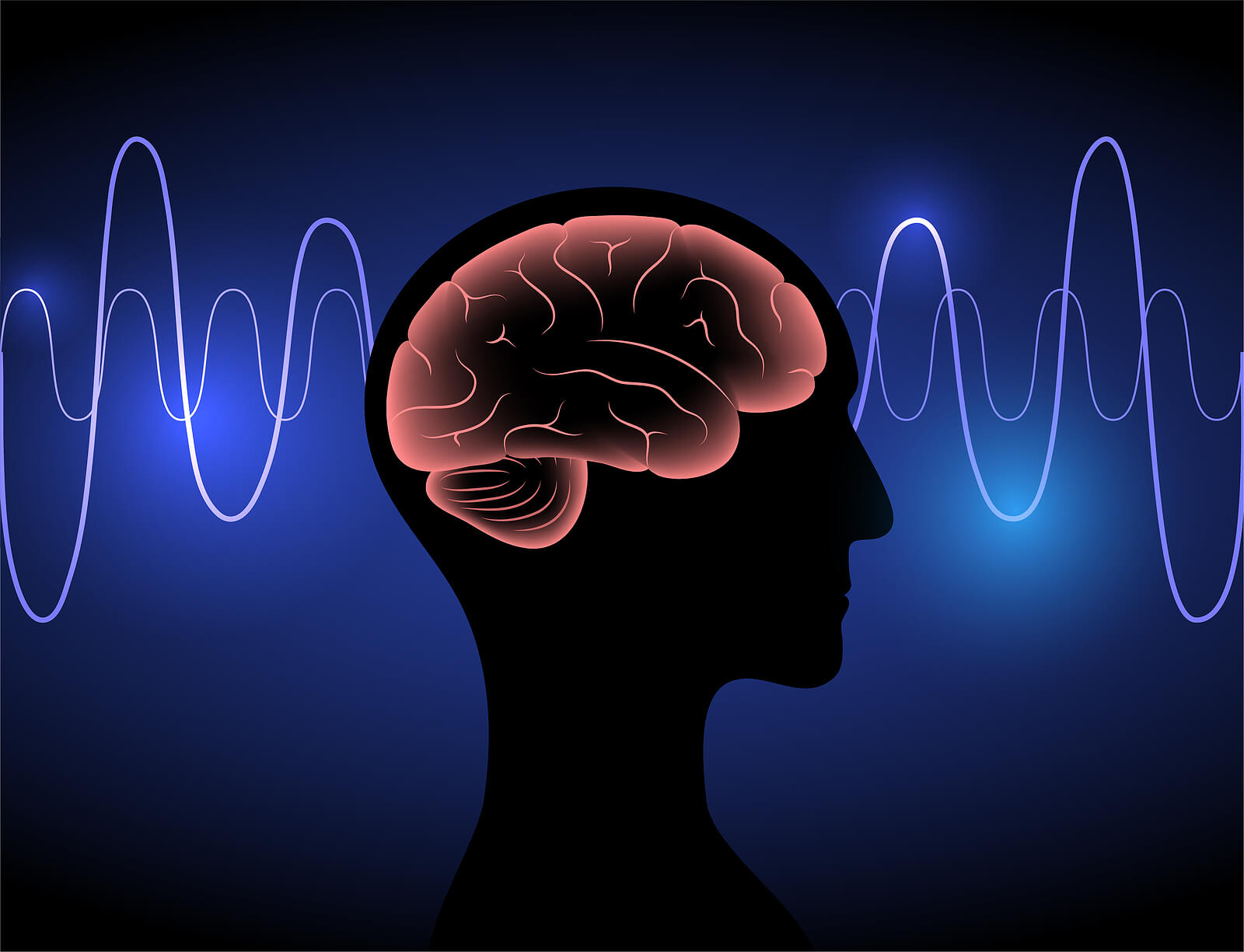Revealing the Mysteries of the Brain Through qEEG Cerebral Mapping in Psychological Wellness Assessment
Revealing the Mysteries of the Brain Through qEEG Cerebral Mapping in Psychological Wellness Assessment
Blog Article
Comprehending the human mind is a complex task, particularly when it comes to mental health. Traditional approaches of evaluation frequently rely on conversations and surveys, which can occasionally miss important details about how the brain operates. This is where qEEG brainwave analysis, or qEEG, enters into the picture. qEEG is a specialized technique that assesses neural signals in the cerebrum. By analyzing these brainwaves, psychological health experts can obtain important understandings into a person's mental condition, aiding to enhance diagnosis and intervention.
qEEG functions by applying small electrodes on the head to record brain activity. These electrodes measure neural signals produced by neurons, the units in the cerebrum that communicate with each other. The data collected is then analyzed and presented as a series of waveforms. Each kind of neural wave—such as α, beta, delta, and θ—relates to different mental conditions and functions. For instance, alpha waves are commonly associated with calmness, while beta waves are associated to engaged thinking and issue resolution. By analyzing these trends, clinicians can identify irregularities that may suggest mental health issues.
One of the significant advantages of qEEG is its ability to offer unbiased data. Unlike traditional evaluations that depend on personal reports from patients, qEEG offers a distinct view of brain activity. This objectivity can help reduce prejudices in assessment and lead to more accurate intervention strategies. For example, if a client is experiencing anxiety, qEEG can show specific patterns of brain activity that are linked with stress conditions. This data allows mental health professionals to tailor interventions more effectively, whether through therapy, medication, or other treatments.
Moreover, qEEG can be especially beneficial in tracking intervention advancement. By performing qEEG evaluations at various points during treatment, healthcare providers can monitor variations in brain activity over time. This ongoing evaluation helps determine if a intervention is working or if modifications are needed. For instance, if a patient is not responding to a particular medication, qEEG may show that their neural function has find out this here not altered in a manner that suggests progress. This response cycle can result to more customized and effective mental health treatment.
In summary, qEEG cerebral mapping is a powerful tool in the field of mental health assessment. By providing objective data about brain activity, it enhances the comprehension of different psychological health disorders. This method not only assists in precise assessment but also assists in tracking intervention success. As psychological health experts persist to investigate the capabilities of qEEG, it possesses potential for enhancing the well-being of people dealing with mental health challenges. With ongoing research and advancements in technology, the mysteries of the mind may become clearer, resulting to better outcomes for those in requirement of assistance.